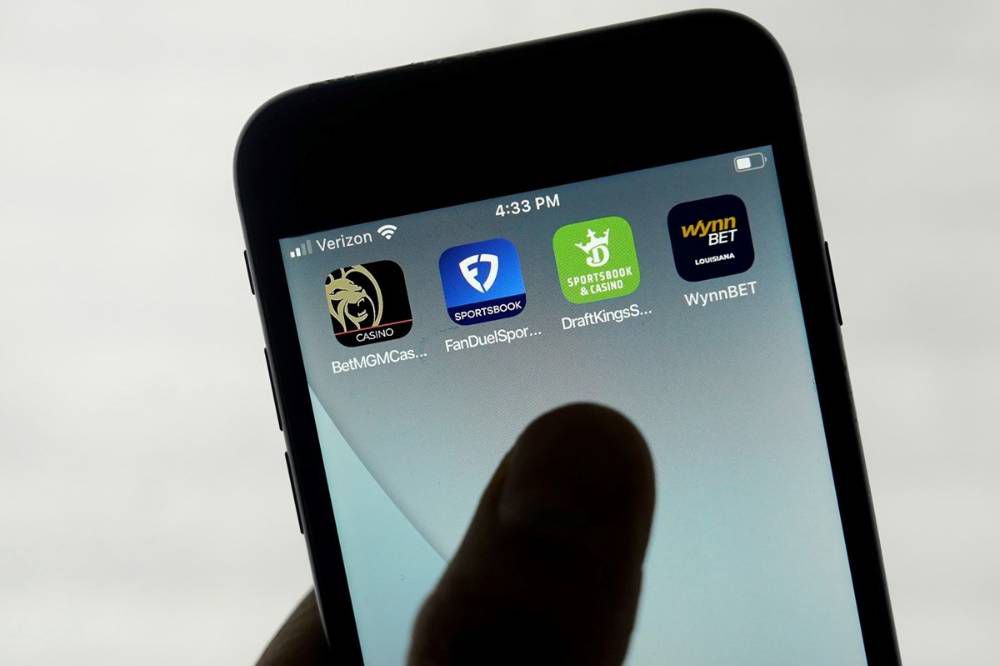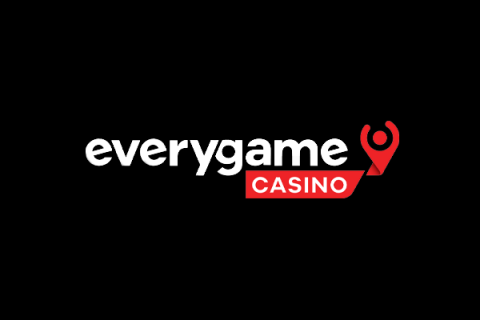Appeals Court Won’t Hear Illegal Gambling Case Involving Google, Meta and Others

The Ninth Circuit Court of Appeals has opted not to issue a decision on a series of lawsuits that have garnered significant attention within legal and tech circles. These lawsuits target major tech entities, including Apple Inc., Google LLC, and Meta Platforms Inc., alleging their complicity in facilitating illegal gambling through their respective app stores.
As reported by Bloomberg Law, plaintiffs argue that these companies should bear responsibility for the gambling applications available on their platforms, which allegedly violate both state and federal gambling laws.
Operating out of San Francisco, a three-judge panel of the federal appeals court cited procedural grounds for its decision, stating that it lacked jurisdiction to proceed with the cases at their current stage.
This decision arose because the appeals were fast-tracked to the Ninth Circuit before US District Judge Edward Davila could issue a final dismissal ruling in the lower court.
The implications of the Ninth Circuit’s decision are profound, particularly concerning the ongoing discourse around intermediary liability. This legal concept questions the extent to which platform providers such as Apple, Google, and Meta should be held accountable for the actions of third-party developers and the content available on their platforms.
Critics argue these companies should actively police app content to prevent illegal activities, while defenders contend they cannot be held liable for developers’ independent actions.
At the core of the lawsuits are allegations that Apple, Google, and Meta not only host but also profit from gambling apps that purportedly allow users to gamble with virtual currencies. These applications, accessible via the companies’ app stores, are alleged to violate various state and federal laws governing gambling activities.
The plaintiffs argue that by enabling the distribution and processing of in-app payments for virtual currencies used in gambling, these tech giants are directly involved in illegal gambling operations.
A critical aspect of the legal debate revolves around Section 230 of the Communications Decency Act, a pivotal piece of legislation shielding online platforms from liability for content posted by third parties.
However, the district court’s initial stance suggested that Section 230 might not fully protect Apple, Google, and Meta from claims related to their financial transactions and revenue-sharing models associated with gambling apps. This interpretation prompted an expedited appeal seeking clarity on the applicability of Section 230 in this context.
Tech companies have vigorously defended themselves, arguing that Section 230 should encompass all claims related to app content, including games that facilitate virtual currency gambling.
Despite this defense, the Ninth Circuit chose to remand the cases back to the district court for further detailed analysis, refraining from issuing a definitive ruling on how Section 230 interacts with the specific allegations against these companies.
- Other news categories:
- SlotsUp's news



